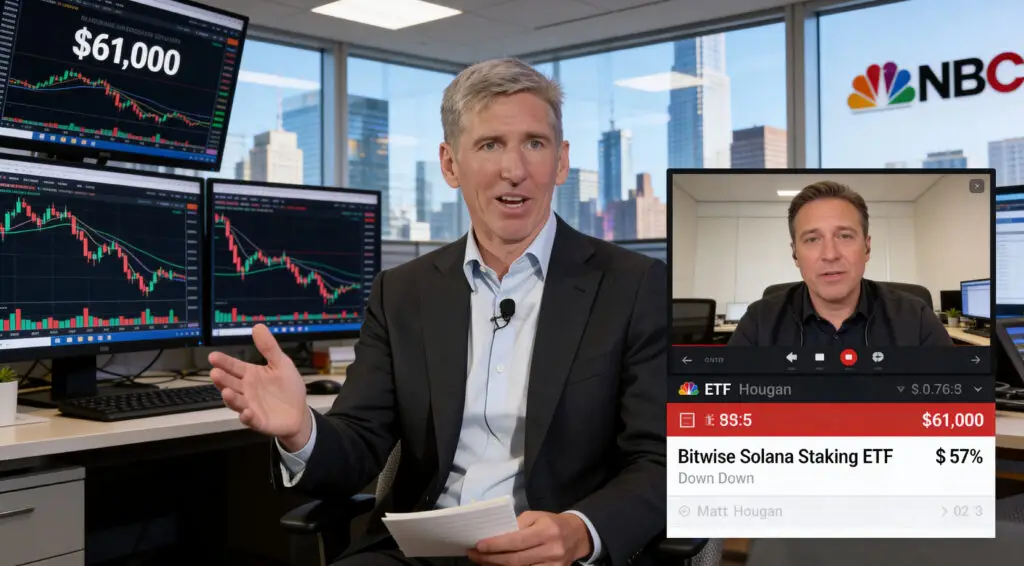President Trump’s brazen trade approach, once heralded for steering America towards unparalleled success, is now looming over the nation’s productivity like a dark cloud. A barrage of tariffs, set in place with what some critics refer to as reckless abandon, is wreaking havoc in the market, increasing the prices of essential goods, all while heightening the threat of an impending recession. The promise of prosperity is diminishing at a rapid pace, revealing the stark reality of financial instability and global economic strain.
The impact of Trump’s tariffs is already being experienced on a broader scale within the United States economy, with the construction sector being the most affected. Back in February, the New York Times published an article detailing how essential building components like wood and steel, in addition to brake pads, skyrocketed. Their price rise came after the first alteration in the tariff strategy issued during the past January. The National Association of Home Builders estimates that the average cost of constructing a new home has already been exacerbated by more than $9000, all of which stems from the harsh increase in material costs.
Blemishing Financial Markets and Risking Retirement Savings
The economic consequences go much deeper than just the construction sector. Financial markets are in turmoil, with the stock market losing almost 10% of its value within two days. This steep drop has impacted a significant portion of Americans, approximately half, who have some stake in the stock market, and more than thirty percent of American workers whose retirement funds are linked to the market. The decline in these investments severely undermines the financial stability of millions for decades to come.
Businesses Stopped, Layoffs Commence
With businesses facing lower valuations coupled with uncertainty, hiring and expansion initiatives are being placed on the back burner. The uncertainty stemming from Trump’s tariff policies appears to be putting a lot of businesses, especially small companies and those dependent on foreign parts or materials, on lock. Retaliatory tariffs from some of the U.S.’s biggest trading partners, like China, the EU, Canada, and Japan, have disrupted international trade, compelling businesses to amend sales forecasts and anticipate a need to downsize staff.
Recession Fears Intensify, Complicating the Fed’s Response
Deep economic contractions are now being predicted by leading institutions for the U.S. and global economies in the year 2025. The Dow Jones Industrial Average, S&P 500, and Nasdaq plummeted over 5.5% within a single day, despite a strong jobs report that fueled optimism. Federal Reserve Chair Jerome Powell has flagged the inflationary impacts of these tariffs as a handicap to the Fed’s ability to ease the recessionary bearish sentiment in the economy due to the inability to cut interest rates without triggering a pernicious inflationary spiral.
Consumer Price Escalation Hits Most Vulnerable Households Hardest
Essential everyday consumer products such as groceries and electronics are impacted directly by the tariffs. There is an expectation of rising prices for a variety of goods and services. The most vulnerable segments of the income distribution, who spend a larger proportion of their budgetary resources on basic household goods, are set to suffer the most. These tariffs represent the greatest tax burden on consumers and businesses in the preceding half a century.
“Economic Vandalism” and the Accountability of the GOP
Critics are assessing tariffs under Trump’s administration as “economic vandalism,” stating that they are damaging the United States economy and the incomes of workers. The economy is crippled, with the Nasdaq down more than 20% from its peaks, China withholding exports of rare earth elements, Japan declaring a national emergency, and Europe preparing retaliatory tariffs.
The House of Representatives does have the means to put a stop to the economic destruction alongside the questioning of Trump’s power over tariffs. The Senate has passed a bill that seeks to reclaim congressional oversight of tariffs. However, Speaker of the House Mike Johnson has prevented a vote on this, which is leading to the narrative of the GOP shirking responsibilities. Critics argue that the Republicans are neglecting their duty to the nation.















